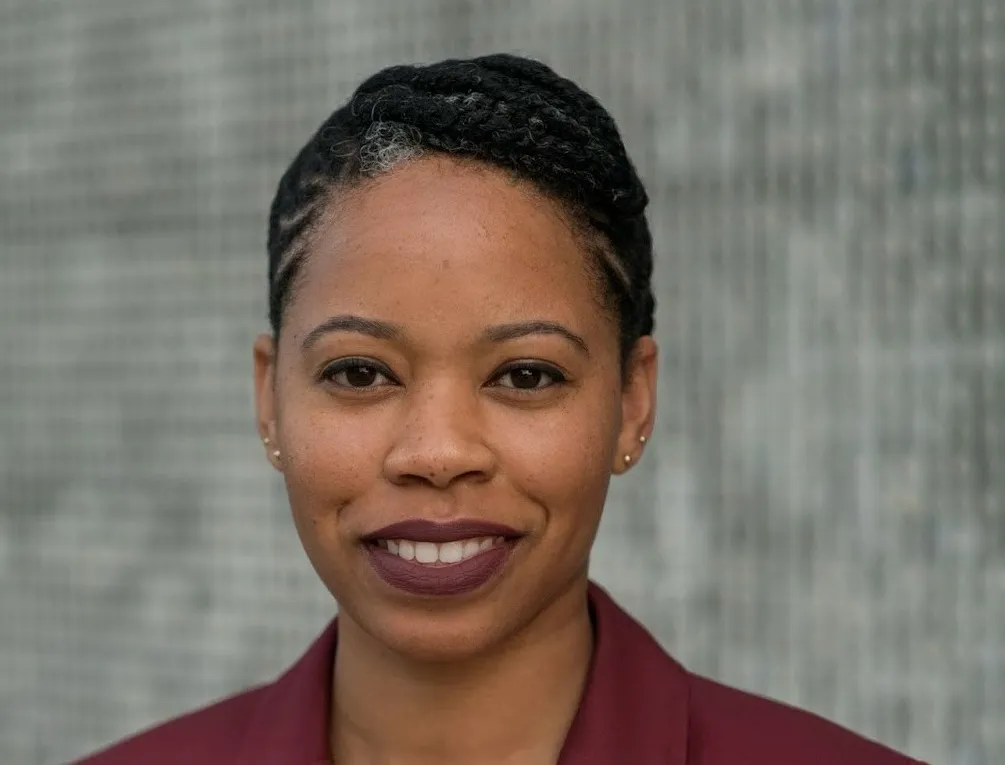UK Transport Secretary Patrick McLoughlin attended the inaugural Transport for the North meeting as northern leaders met to discuss their plans to transform the region into a northern powerhouse.
The meeting in Leeds heralded the first step of drawing up with the government a comprehensive transport strategy to transform the north’s economic infrastructure and help maximise the region’s growth potential, rebalancing the national economy.
As well as examining east-west rail links to better connect the
January 13, 2015
Read time: 2 mins
UK Transport Secretary Patrick McLoughlin attended the inaugural Transport for the North meeting as northern leaders met to discuss their plans to transform the region into a northern powerhouse.
The meeting in Leeds heralded the first step of drawing up with the government a comprehensive transport strategy to transform the north’s economic infrastructure and help maximise the region’s growth potential, rebalancing the national economy.
As well as examining east-west rail links to better connect the north, Transport for the North will look at everything from roads, ports and airports to broadband.
McLoughlin said: “Rebalancing the economy and creating a northern powerhouse of jobs, investment, prosperity and bright futures, is a key objective of the government’s long term economic plan.
“It is crucial we work together to deliver a world-class, integrated transport network for the north that reduces journey times, increases capacity and connectivity and enables growth.
We have already made great strides and the creation of Transport for the North is an excellent next step. I want Transport for the North to speak with one voice to government on the big decisions to benefit the region as a whole.”
Chair of the meeting and leader of Manchester City Council Sir Richard Leese said: “This is about how we gear up the north and build a northern powerhouse which can properly fulfil its potential for UK plc.
“Economic growth doesn’t happen by accident, it happens by design and having the right integrated infrastructure in place is vital for us to generate that growth.
“Transport for the North is now charged with drawing up a bold delivery programme to make that vision real in the next 15 years.”
Transport for the North, a new alliance of the north’s key authorities and agencies, was set up by the government in October 2014. It is led by the city regions that made up One North: Greater Manchester, Liverpool, Leeds, Sheffield and Newcastle, together with Hull and the Humber, working in collaboration with other northern authorities, the1837 Department for Transport, 503 Highways Agency, 5021 Network Rail, and 1995 HS2. A joint interim report will be produced in March 2015.
The meeting in Leeds heralded the first step of drawing up with the government a comprehensive transport strategy to transform the north’s economic infrastructure and help maximise the region’s growth potential, rebalancing the national economy.
As well as examining east-west rail links to better connect the north, Transport for the North will look at everything from roads, ports and airports to broadband.
McLoughlin said: “Rebalancing the economy and creating a northern powerhouse of jobs, investment, prosperity and bright futures, is a key objective of the government’s long term economic plan.
“It is crucial we work together to deliver a world-class, integrated transport network for the north that reduces journey times, increases capacity and connectivity and enables growth.
We have already made great strides and the creation of Transport for the North is an excellent next step. I want Transport for the North to speak with one voice to government on the big decisions to benefit the region as a whole.”
Chair of the meeting and leader of Manchester City Council Sir Richard Leese said: “This is about how we gear up the north and build a northern powerhouse which can properly fulfil its potential for UK plc.
“Economic growth doesn’t happen by accident, it happens by design and having the right integrated infrastructure in place is vital for us to generate that growth.
“Transport for the North is now charged with drawing up a bold delivery programme to make that vision real in the next 15 years.”
Transport for the North, a new alliance of the north’s key authorities and agencies, was set up by the government in October 2014. It is led by the city regions that made up One North: Greater Manchester, Liverpool, Leeds, Sheffield and Newcastle, together with Hull and the Humber, working in collaboration with other northern authorities, the








